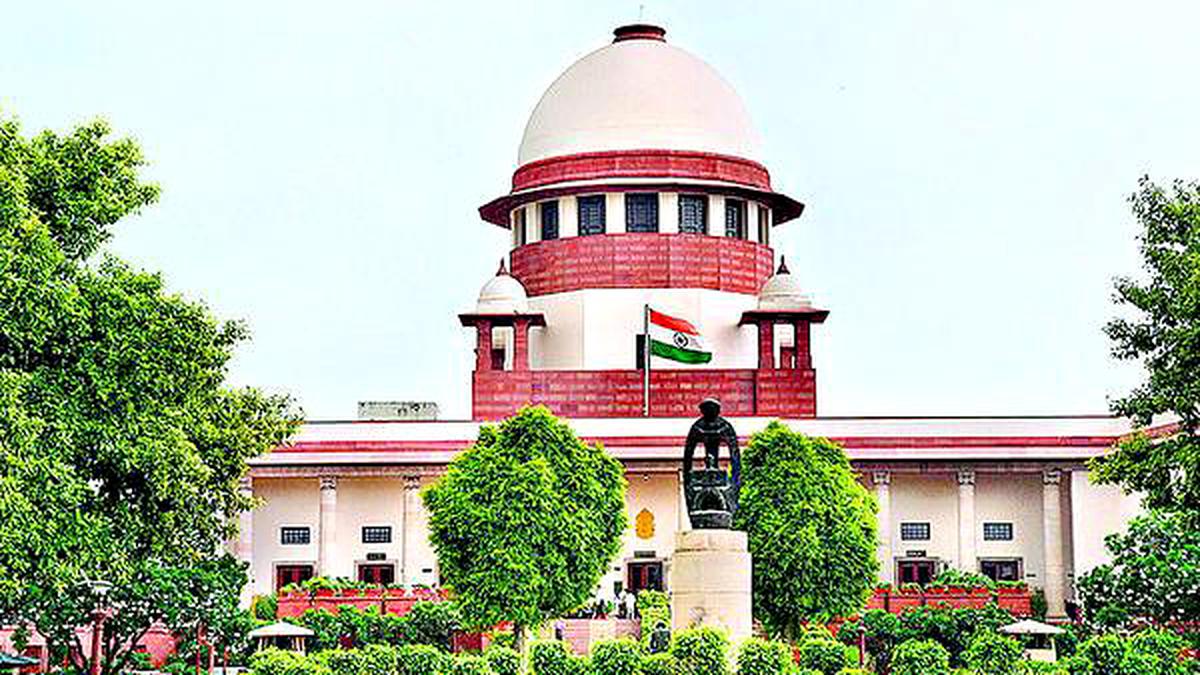
Supreme Court slams Delhi government over delay in deciding remission plea of convicts
The Hindu
The Supreme Court has slammed the Delhi government over the delay in deciding remission plea filed by 114 convicts including a Jaish-e-Mohammed (JeM) terrorist who was convicted for conspiring to wage war against the country and was awarded life imprisonment.
The Supreme Court has slammed the Delhi government over the delay in deciding remission plea filed by 114 convicts including a Jaish-e-Mohammed (JeM) terrorist who was convicted for conspiring to wage war against the country and was awarded life imprisonment.
A Bench of justices Abhay S. Oka and Ujjal Bhuyan castigated States for mechanically rejecting remission plea of life convicts who have served more than 14 years in jail.
Additional Solicitor General Vikramjit Banerjee told the court that a meeting of the Sentence Review Board was held on December 21 to consider premature release of 114 eligible convicts, including Gafoor.
He submitted that draft minutes of the meeting have been forwarded to the Home Department of the Delhi government for submission to the Lieutenant Governor.
Explained | The remission laws that paved the way for release of the Bilkis Bano case convicts
The Bench then said, "What you are doing is absolute breach of the top court's December 11 order. You have not clarified which remission policy you are following. What you did was very objectionable. When it comes to granting remission, all State governments are the same. There is a pattern. All State governments mechanically reject the first application for remission without considering it.".

The Karnataka government has drafted a comprehensive master plan for the integrated development of Kukke Subrahmanya temple, the State’s highest revenue-generating temple managed by the Hindu Religious Institutions and Charitable Endowments Department. The redevelopment initiative is estimated to cost around ₹254 crore and aims to enhance infrastructure and facilities for devotees.












